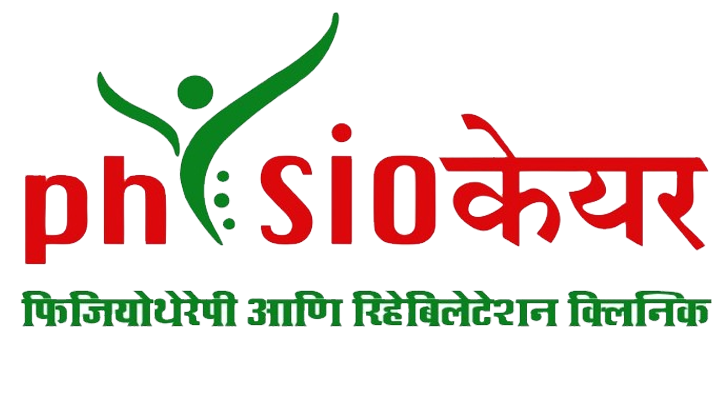
Rheumatoid arthritis (RA) is considered a chronic autoimmune condition for which there is no cure. However, various treatment options are available to manage the symptoms and improve the quality of life for individuals with RA.
Management strategies typically involve a combination of medications, physical therapy, lifestyle modifications, and in some cases, surgery. Medications often include disease-modifying antirheumatic drugs (DMARDs), nonsteroidal anti-inflammatory drugs (NSAIDs), and in some cases, biologics. These drugs aim to control inflammation, reduce pain, and slow down the progression of joint damage.
Physical therapy and regular exercise are important components of RA management. They can help maintain joint flexibility, strengthen muscles, and improve overall function. Additionally, lifestyle modifications such as maintaining a healthy diet, managing stress, and getting enough rest can contribute to better disease management.
It's crucial for individuals with RA to work closely with their healthcare team to develop a personalized treatment plan that addresses their specific needs. Regular monitoring and adjustments to the treatment plan may be necessary over time.
While there is no cure for RA, advancements in research and medicine continue, and new treatments may emerge in the future. It's always advisable to consult with a healthcare professional for the most up-to-date information and guidance on managing rheumatoid arthritis.
